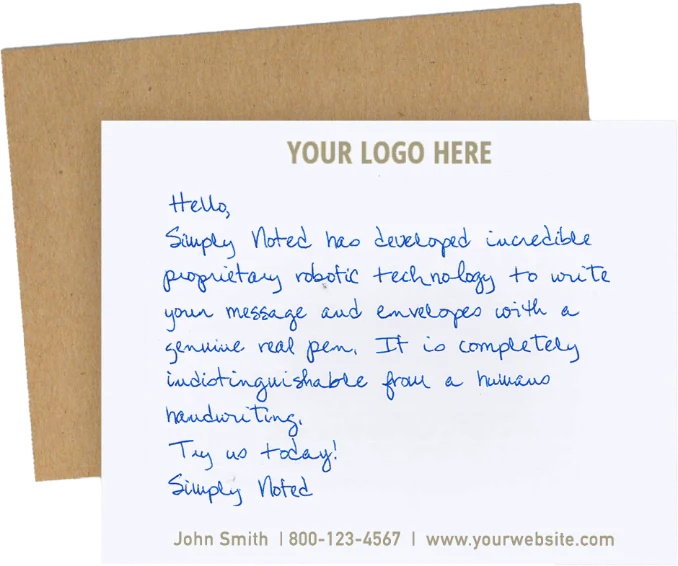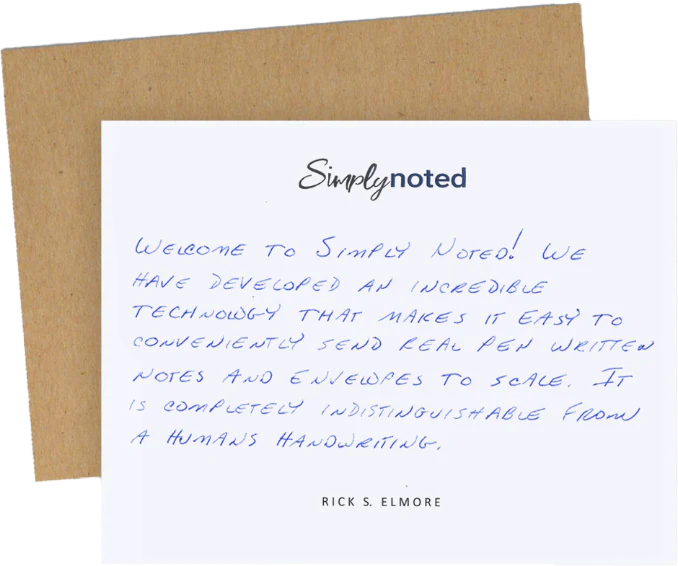How to Communicate Better and Be More Personable

Learning to communicate effectively can bring benefits that touch every part of your life. At home, you’ll find that your relationships will grow, both in number and depth and that conflicts resolve quicker, with less fallout. At work, others will seek out your opinions, and you’ll enjoy greater job satisfaction, stronger career growth, and mutual respect with your coworkers. Your family life, friends circle, and professional network will all prosper due to better communication skills.
You can develop your communication abilities just as you would any other skill. All it takes is the proper knowledge and the will to practice. Because like anything, practice makes perfect. The more you work on communicating better, the more opportunities you’ll have to fail, learn valuable lessons, and inevitably succeed.
As scary as that might sound, failure is an integral part of the learning process. Without it, it’s difficult to discover what doesn’t work. What’s important is how you approach failure. Instead of viewing it negatively, see it as a natural result of experimentation. When you try new things, they won’t all work as planned. Repeat the things that do and improve those that miss the mark. Over time, you’ll get better, and the more you practice, the faster the learning curve will be!
Learning to communicate better, and by extension, becoming more personable, requires effort in three main areas — active listening, non-verbal skills, and confidence-building. Mastering these will help you relate more effectively to a broader range of people while confidently expressing yourself.
BUILD ACTIVE LISTENING SKILLS
The first — and arguably most important — step in learning how to communicate better and be more personable is to learn how to listen.
That’s because strong, positive communication begins with understanding, and the only way to truly comprehend what others are saying to you is to learn how to listen with purpose. That’s the goal of the active listening process — to improve the depth and quality of information we receive from others, thereby allowing us to communicate back with greater precision.
To improve your active listening skills, you’ll need to focus on the following.
SEE ALSO: How to Write an Opening to a Letter

Devote Your Full Attention to the Speaker
When someone is speaking to you, give them your undivided attention. Not only does that mean ignoring external distractions, but it also means turning off your internal dialogue. We’re often planning the next thing we’ll say while the other person is talking. When we do this we’re distracting ourselves, likely missing subtle conversation cues. Pay full attention.
Express Interest Non-Verbally
When a speaker feels like you’re genuinely interested in what they’re saying, they’ll feel free to communicate openly. Provide subtle non-verbal cues, like nodding your head, and leaning toward the speaker, to indicate your intention. Make eye contact and encourage the speaker to continue with smiles and short responses like, “I see” and “uh-huh.” These small behaviors serve as a visual indicator that you’re giving the speaker your full attention.
Be More Empathetic
Empathy allows you to understand and appreciate how other people are feeling. This builds rapport and ensures that more open and engaging non-verbal cues will spring from you naturally.
SEE ALSO: How to Incorporate Empathy Into Sales

Provide Feedback
It’s helpful to check in occasionally to make sure you understand the speaker’s intent and demonstrate that you appreciate everything said so far. You can ask questions for clarification and summarize the speaker’s main points to check the accuracy of your understanding.
Reserve Judgement
You want to focus on the speaker when providing feedback, as we did in the last section. This isn’t the time to interject your opinions. You’re trying to understand what the other person is saying, not filter it through your preconceptions. Don’t pass judgment on what they’re saying. Simply listen and work to understand their perspective.
SEE ALSO: 10 Funny Ways to Say Happy Birthday
CONCENTRATE ON NON-VERBAL CUES
We alluded to non-verbal skills in the last section, but their importance can’t be understated. A large part of what we communicate to other people comes not from what we say but from how we say it and how we behave when we open our mouths.
For example, people associate eye contact with interest. If you’re constantly dodging their gaze, opting to stare at the floor instead, they’ll assume you don’t care what they’re saying. Likewise, if you’re trying to communicate something important, but you can’t meet the other person’s eyes, they might get the impression you aren’t being honest with them. When your non-verbal communication is out of sync with what you’re saying, you’re at increased risk of misinterpretation and misunderstandings.
Avoid closed-off postures, like standing with your crossed arms or leaning away from others. Work on maintaining eye contact while showing honest emotional responses with your facial expressions.
The tone of your voice is important, too. Imagine you’re expressing gratitude, but your tone of voice seems detached. Or maybe you’re trying to convince someone of something, but your voice is quiet and timid. In both cases, your words will ring hollow and your communication attempt could fail. Matching your body language and tone of voice to your words appropriately will lend your communications authenticity.

EXPRESS YOURSELF CONFIDENTLY
You’re listening carefully and paying attention to the non-verbal information that’s leaking out of you. Now you need to work on expressing your responses with confidence.
To some degree, this comes with practice. Your confidence will grow with each successful outcome. However, there are steps you can take to work on your confidence outside of active conversations.
First — calm down. When you’re nervous about saying the wrong thing your anxiety will interfere with honest expression. Use whatever strategies work for you to quell your fears. That said, don’t pretend you aren’t nervous. That works against honest self-expression as well. Instead, work at being okay with whatever headspace you’re in when engaging other people. If you’re nervous, accept that. Freely admit it. And then work on letting it go.
Next, decide that what you have to say is interesting and that what you have to say is important — because it is! Don’t beat yourself up because you’re afraid no one will want your opinion. Instead, recognize that most people will be interested in your opinion when you express it confidently.
It’s possible to create a positive, self-reinforcing feedback loop. When you work on your self-esteem and expressing yourself with conviction, people will respond more favorably. Increased positive responses will help build your confidence. That increased confidence will drive even more successful interactions in the future.























